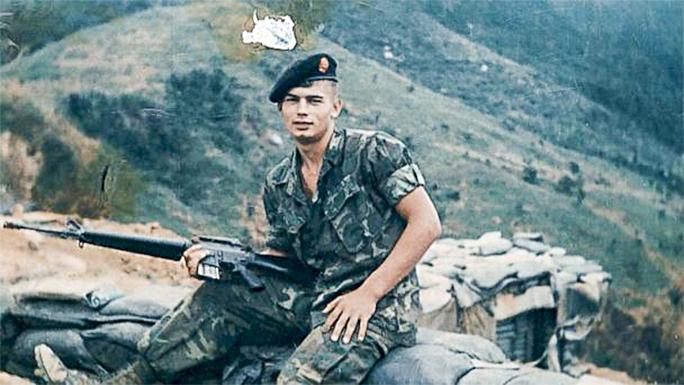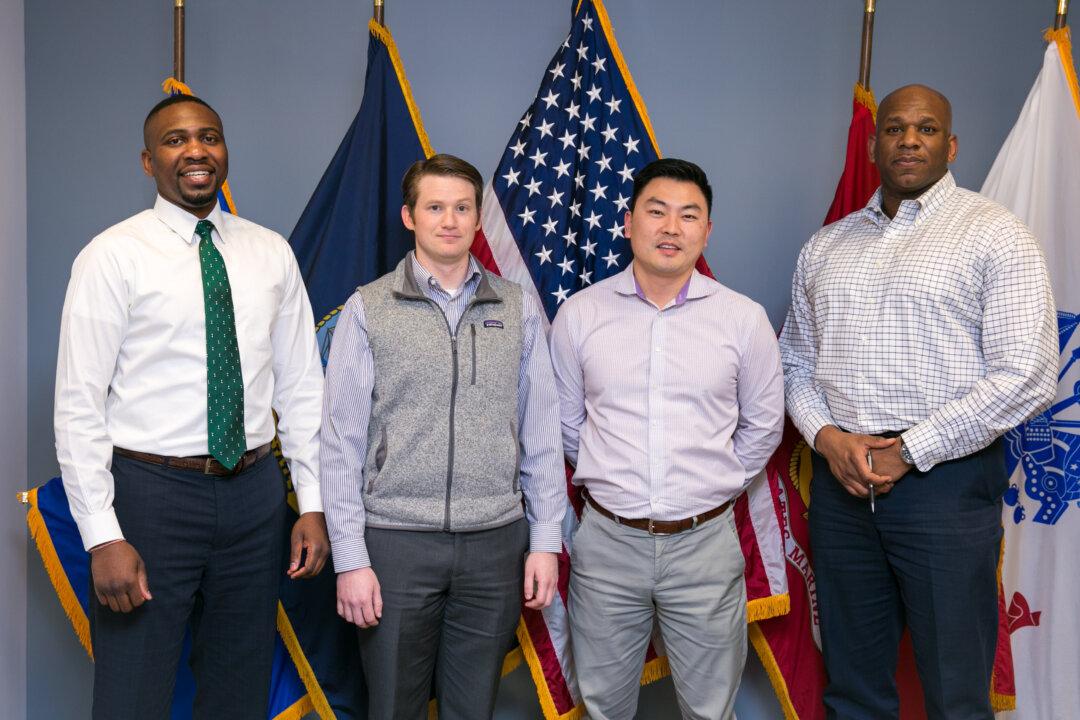Lawrence Doll was 19 years old when he joined the U.S. Marine Corps during the Vietnam War. He was wounded twice, the second time laying him up in a hospital in Guam for four months. At the time, it felt like “the end of the world,” he says.
When he returned home, he struggled with stress, depression, alcoholism, and nightmares. Then there was the abuse and disrespect he and his peers received from the public for fighting in the war. He slowly pulled himself out of it, playing basketball, even with shrapnel in both legs. Then he began singing nightclub gigs with his guitar. In 1980, he was able to leverage his connections and savings to found a real estate firm. He joined the board of a community bank and became the chairman in 1998.
Doll, who knew nothing about banking when he came back from Vietnam, had decades later become a rainmaker. And in 2007, he founded Drexel Hamilton, a brokerage firm owned by veterans that trains and hires service-disabled veterans returning from Iraq and Afghanistan.
“I never forgot the people who helped me,” Doll, now 67, said recently from his company’s spacious trading floor office in downtown Manhattan.
In turn, he wanted to help disabled veterans, as he knew they had the hardest time recovering.






